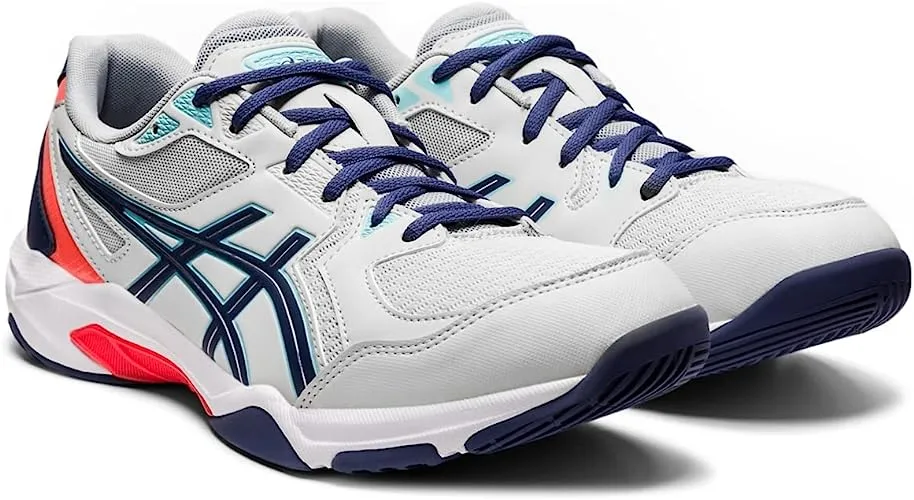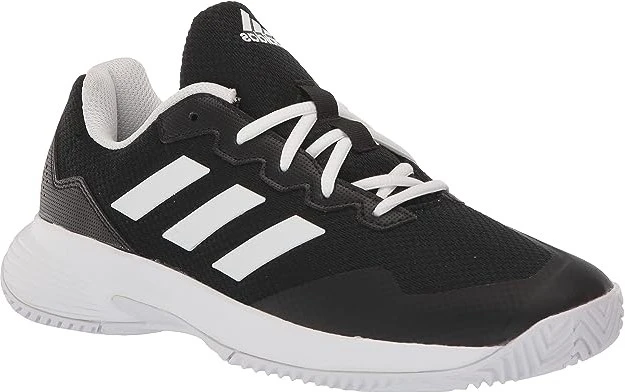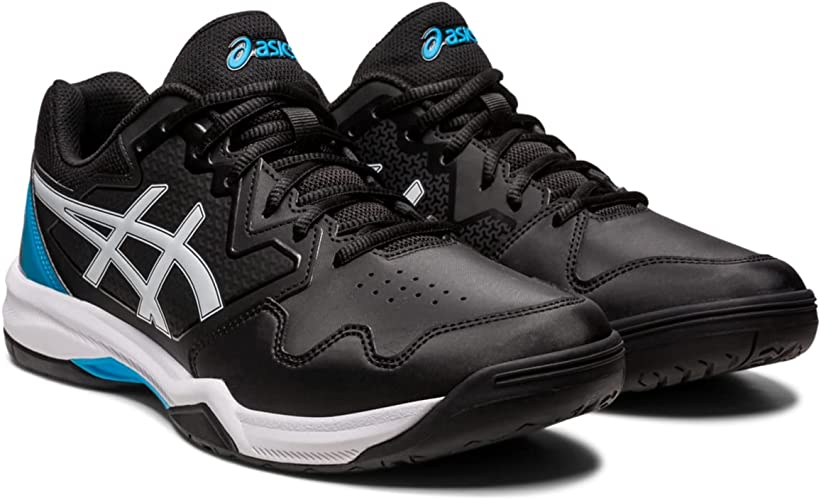What Is A Good Running Speed? Tips for Improving Your Pace
A good running speed can be subjective and vary depending on individual factors such as age, fitness level, and personal goals. Generally, a good running speed is considered to be relative to one’s own abilities and improvements over time. For recreational runners, a pace that allows for steady endurance and enjoyment of the activity is often considered satisfactory. Competitive runners, on the other hand, strive for faster speeds to achieve personal records or compete against others.
Ultimately, what constitutes a good running speed is a personal benchmark that can be set and adjusted according to individual aspirations and progress.
What is the Average Running Speed?

The average running speed can vary depending on factors such as age, fitness level, and distance. However, a commonly cited average running speed for adults is around 9 to 10 kilometers per hour (km/h) or 6 minutes per kilometer. It’s important to note that this is a general estimate and individual speeds can vary significantly.
Average Speed for Male Runners

The average running speed for male runners can vary depending on factors such as age, fitness level, and distance. However, a commonly cited average running speed for adult male runners is around 9 to 12 kilometers per hour (km/h) or 5 to 6 minutes per kilometer. It’s important to note that this is a general estimate and individual speeds can vary significantly.
Average Speed for Female Runners

The average running speed for female runners can vary depending on factors such as age, fitness level, and distance. However, a commonly cited average running speed for adult female runners is around 8 to 10 kilometers per hour (km/h) or 6 to 7 minutes per kilometer. It’s important to note that this is a general estimate and individual speeds can vary significantly.
Average Running Speed for Beginners
The average running speed for beginners can vary widely depending on individual fitness levels and experience. Generally, beginners may start with a pace of around 8 to 10 minutes per kilometer or 6 to 7 kilometers per hour (km/h). However, it’s important to remember that everyone progresses at their own pace, and with consistent training, beginners can gradually improve their speed over time.
The focus for beginners should be on building endurance and gradually increasing their running speed as they become more comfortable and fit.
How to Run Your Best Speed?
To run your best speed, consider the following tips:
Factors of Average Running Speed
Several factors can influence an individual’s average running speed. These factors include:
World Record Running Speed For 1 Mile
The current world record for the fastest mile (1.6 kilometers) is held by Hicham El Guerrouj of Morocco, who set a time of 3 minutes and 43.13 seconds on July 7, 1999. This remarkable achievement occurred during the Rome Golden Gala meet and still stands as the world record to this day. El Guerrouj’s record-breaking performance showcased exceptional speed, endurance, and athletic prowess.
The world record running speed for the mile run event is three minutes, 43 seconds, and 13 milliseconds, a running pace faster than 16 mph!
Speed by distance
The speed at which you run can vary depending on the distance you are covering. Here are some general guidelines for speed by distance:
Conclusion
Determining what constitutes a good running speed is a highly individualized matter. It depends on various factors such as age, fitness level, and personal goals. While recreational runners may find satisfaction in maintaining a steady pace that allows for endurance and enjoyment, competitive runners often strive for faster speeds to achieve personal records or compete against others. Ultimately, the definition of a good running speed is subjective and can be adjusted according to individual aspirations and progress.
The most important aspect of running is to find joy and fulfillment in the activity, regardless of the speed at which one runs. Whether it’s a leisurely jog or a sprint towards a personal best, the journey of running is a personal one that should be celebrated and appreciated.


















